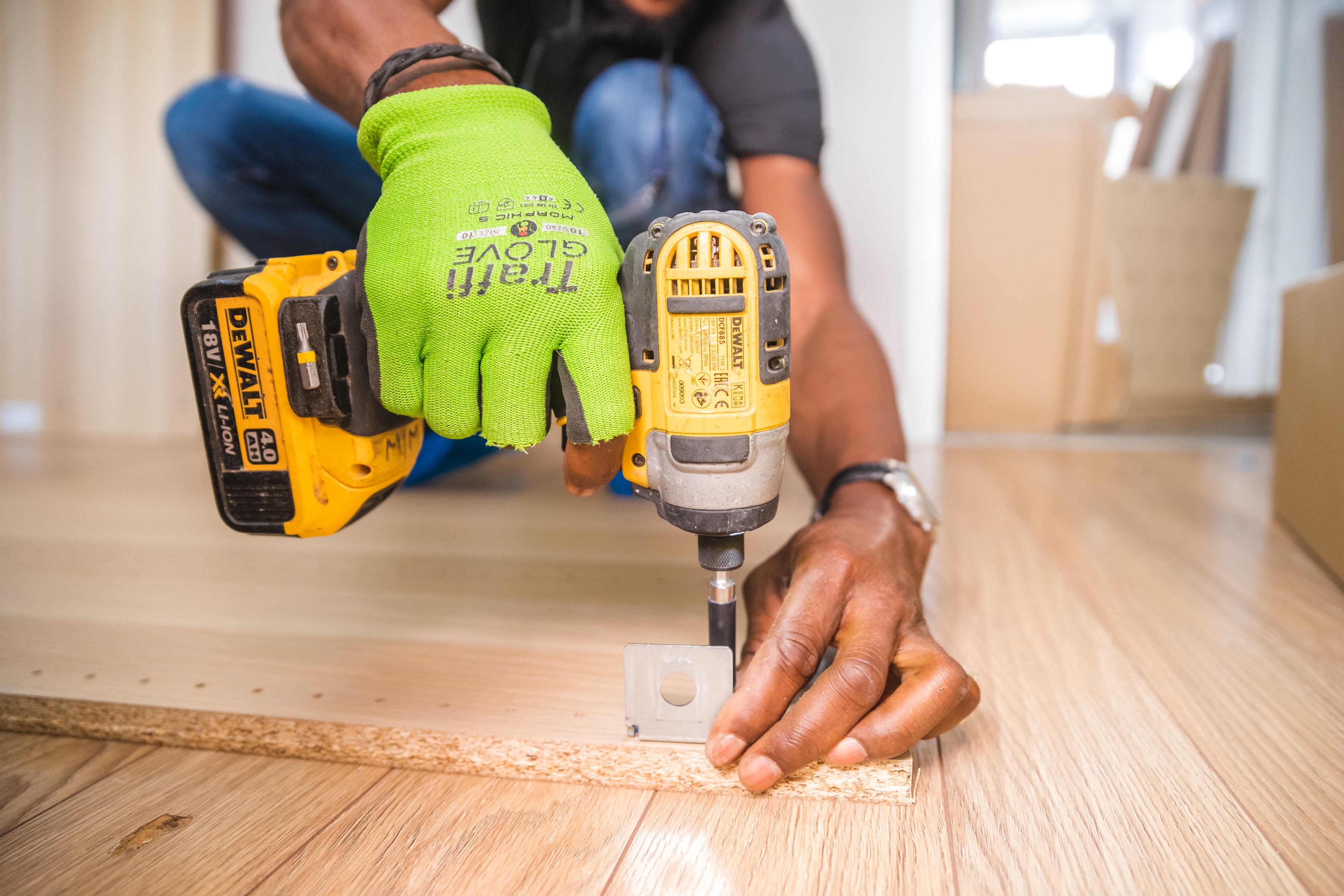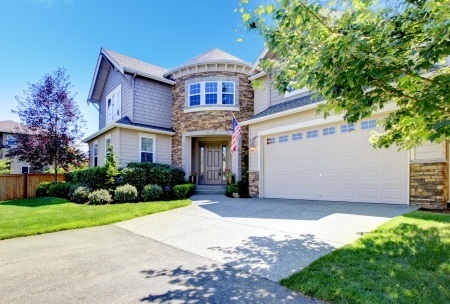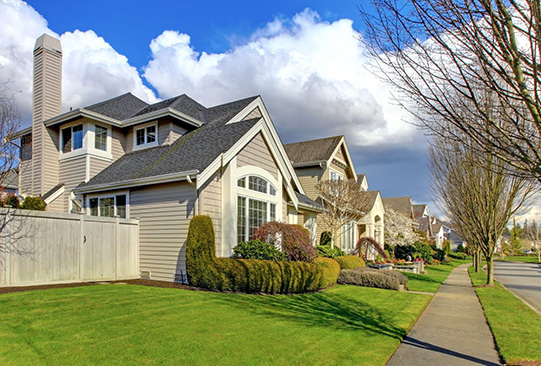4 Ways To Choose The Right Home Service Professional
 As a homeowner, there are numerous situations in which someone might need a home service professional. On the other hand, this can also create a sense of vulnerability because people might not know who to choose. In order to find the right home service professional, there are a few tips that people need to follow.
As a homeowner, there are numerous situations in which someone might need a home service professional. On the other hand, this can also create a sense of vulnerability because people might not know who to choose. In order to find the right home service professional, there are a few tips that people need to follow.
Confirm Credentials
Credentials and experience are great markers of a home service professional’s training and track record; however, it is still important to confirm these credentials. Be sure to ask the contractor for references regarding his or her prior work.
Then, take the time to confirm these references. This will help homeowners make sure they are getting the right person for the job. If the past contracts went well, the future ones are likely to meet expectations as well.
Talk About Licensing And Permits
Home service professionals need to have the right licensing and permits for the project. In some cases, it might be the responsibility of the homeowner to collect these permits. If someone doesn’t have the right permits for the job, this could lead to a ticket. This might also impact the home’s value when it comes time to sell it. A contractor should be able to help homeowners work through these issues.
Ask About Insurance
All contractors need to have insurance for their work. In some cases, problems might arise as the project unfolds. This could lead to expensive home repairs. Contractors are supposed to have insurance to cover the cost of these repairs. If not, the contractor is opening himself or herself up to a lawsuit. Ask to see the contractor’s proof of insurance upfront before the project starts. This will provide an extra layer of protection.
Get Everything In Writing
Finally, all expectations need to be written down. While some contractors might not like to have their words set in stone, professionals who are confident in their ability to deliver should not have a problem with this. This is particularly true when it comes to price quotes. Make sure that all guarantees are received in writing and kept organized. Any agreements on behalf of either the client or contractor need to be tracked. This way, everyone is held accountable.


 You’ve probably heard that living near excellent schools or having curb appeal can boost the value of your home. However, a home’s value is dependent upon a lot of different factors. Some of these things are more obvious than others. Things that might seem insignificant can have an impact on your home’s worth. Here are some surprising things that can affect the existing value of your home or how much a buyer is willing to pay for it.
You’ve probably heard that living near excellent schools or having curb appeal can boost the value of your home. However, a home’s value is dependent upon a lot of different factors. Some of these things are more obvious than others. Things that might seem insignificant can have an impact on your home’s worth. Here are some surprising things that can affect the existing value of your home or how much a buyer is willing to pay for it. U.S. military veterans have opportunities to enjoy some richly-deserved benefits in other aspects of their lives, including some special options for financing their homes. VA loans may give active military personnel, retired veterans, and sometimes surviving family members of veterans the ability to purchase homes that might not prove available to them through more conventional mortgage loans.
U.S. military veterans have opportunities to enjoy some richly-deserved benefits in other aspects of their lives, including some special options for financing their homes. VA loans may give active military personnel, retired veterans, and sometimes surviving family members of veterans the ability to purchase homes that might not prove available to them through more conventional mortgage loans.